We sort and recycle only 38% of this huge amount. Most of our waste ends up in landfills where it might cause soil, groundwater and air pollution. And these are the three basic components we need to thrive.
How can we, ordinary people, change that?
The first thing that might come to your mind is to start sorting your waste perfectly. Yes, it is certainly a good starting point but it would be a shame to end here. While recycling diverts waste from landfills and saves natural resources for the production of new things, it is also very energy-intensive and pollutes the environment. And not every material can be recycled well. While paper and glass are recycled in the true sense of the word, and thus paper and glass are really made of them again, with plastic it is unfortunately not that easy and straightforward. Only 9% of plastics produced so far was recycled.
And what does the recycling process look like? First of all, plastic is sorted into different categories (based on its chemical composition) and then it’s crushed into small plastic flakes. These are turned into plastic pellets of different colors and used as one of the components to produce e.g. a plastic bench or a plastic slide. For most products we still need at least some virgin plastic from fossil fuels because the quality of recycled plastic pellets is not sufficient. Furthermore, in products such as a plastic bench the plastic is most probably combined with other materials and therefore it won’t be possible to recycle it again. So the next step is a landfill.
Based on all this information it seems to me that the only sustainable way is to reduce our waste. Simply preventing its production. If we don’t produce waste, we don’t need to recycle it, burn it in incinerators nor landfill it forever.
And it is the modern philosophy of zero waste that deals with the reduction of waste in everyday life. But zero waste not only means minimizing our waste. It means minimizing the waste of resources as well. The zero waste lifestyle is based on five basic rules:
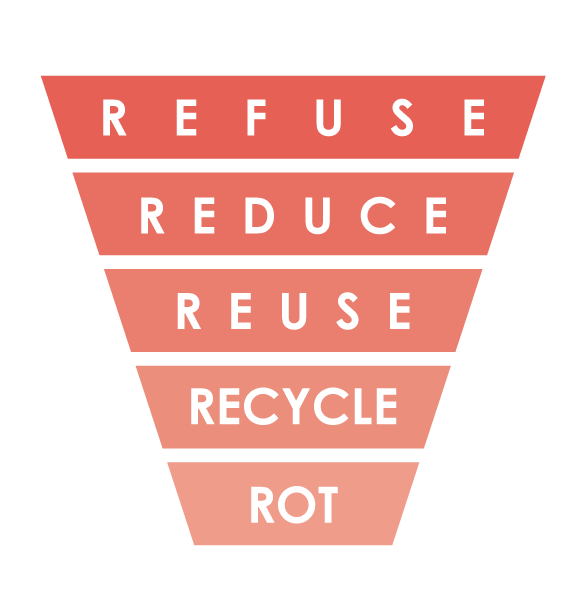
# 1 Refuse: Reject what you don’t need
The most effective way to prevent waste is to start rejecting it. Simply start using the word “NO”. Reject plastic bags in the store, straws in the bar, freebies, leaflets etc.
# 2 Reduce: Reduce what you do need
Let’s apply voluntary modesty to our lives. Before each purchase, let’s think about whether we really need the item (e.g. a third pair of jeans, a new mobile phone or a drill to mount that new shelf). Just try to change your mindset: Do I really need to buy it or could I borrow/rent it somewhere? Don’t forget that today’s purchase is tomorrow’s waste.
# 3 Reuse: Reuse and repair
If something breaks, it doesn’t have to fly to the bin right away. Let’s try to fix things and use them again. The production of every new thing requires a lot of energy, water and non-renewable resources of our planet. Let’s not waste them. We can fix a lot of things on our own (mending, sewing, gluing) or we can use a local repair service. If a new purchase to replace the old broken item is necessary, then choose quality and durable products that are easy to repair. And don’t forget about the second-hand market. You save money and save unwanted things from being thrown away so basically you protect the environment.
And, of course, let’s completely eliminate disposable items from our lives. There is a reusable alternative to all disposables. Cloth shopping bags, cotton handkerchiefs, glass coffee cups, cloth diapers etc.
# 4 Recycle: Recycle what you can’t refuse, reduce or reuse
Let’s learn how to sort our waste properly. But don’t forget that recycling is a financially and energy-intensive process with an impact on the environment. In addition, not all materials can be fully recycled. Therefore, it is most important to prevent waste. Recycling should come last.
# 5 Rot: Compost the rest
Up to 45% of ordinary household waste in Slovakia is biodegradable waste and it goes to landfill. But there are better ways to treat it. It can be composted and the resulting fertilizer can be used in the garden or the balcony. You don’t have a garden nor a yard? Never mind! You can easily compost in an apartment as well. Just set up a community composting site next to your house or buy an interior vermicomposter or a bokashi bin.
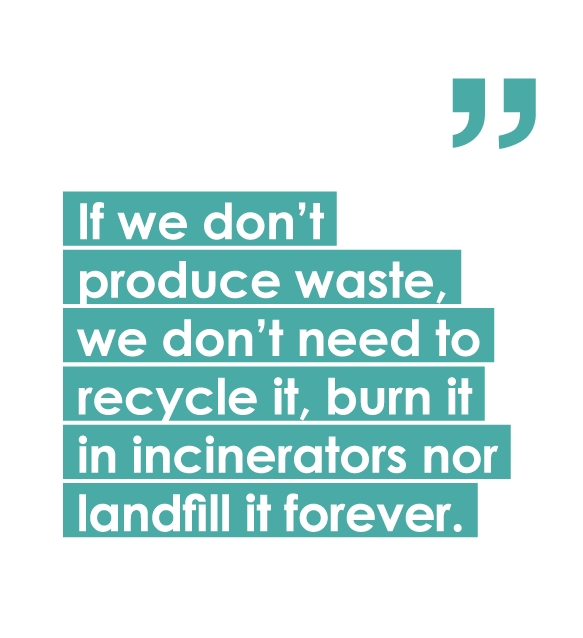
And here are some easy steps you might take towards zero waste:
1. Plastic bottles
Slovakia is the second country in Europe (after Austria) with the largest reserves of quality underground drinking water. We have one of the best quality tap water in the world. So why would you drink water from a plastic bottle? The amount of oil needed to produce it, the health risks associated with plastic in contact with food and the plastic pollution of our planet are just some of the negatives. Drink tap water! And while on the go, carry your own glass or stainless steel bottle to refill in a café or a public drinking fountain.
2. Plastic bags
Instead of thin plastic produce bags for vegetables and pastries, we can choose reusable cloth or net bags. You can buy them in supermarkets or sew your own e.g. from an old curtain. And don’t forget to carry your own cloth tote bag instead of a plastic bag.
3. Food packaging
Our supermarket shopping usually comes with a whole bunch of plastic packaging. Virtually everything we buy is packaged. As a first step let’s prefer unpackaged goods (vegetables, fruits, pastries) and easily recyclable glass, metal or paper packaging over plastic. But we can go even further. Discover the so-called zero waste shops or bulk stores in your area. Bring your own containers or produce bags and buy legumes, cereals, pasta, nuts, etc. without any packaging. Check out these shops on mapa.reduca.cz.
4. Drugstore
A simple step to reduce waste is to buy cleaning products on tap in specialized drugstores. Just bring your own bottle and chose your favorite washing liquid, softener, dishwasher liquid or toilet / floor / window cleaning detergent. Organic and eco-friendly detergents that do not endanger your health or water resources are often available as well. And did you know that simple baking soda and vinegar are perfectly enough to clean your household? Just the way our grandmas did! These items are very cheap, non-toxic and you can even buy them without packaging (or choose paper/glass packaging in the supermarket).
5. Cosmetics
High-quality Slovak natural cosmetics are often sold without packaging or in simple paper or glass packaging. Classic shower soaps, hair or shaving soaps, deodorants, face and body creams. Just anything you need. No unnecessary plastic packaging and mysterious chemicals on the ingredients lists. Your skin will be more than happy and so is our Earth.
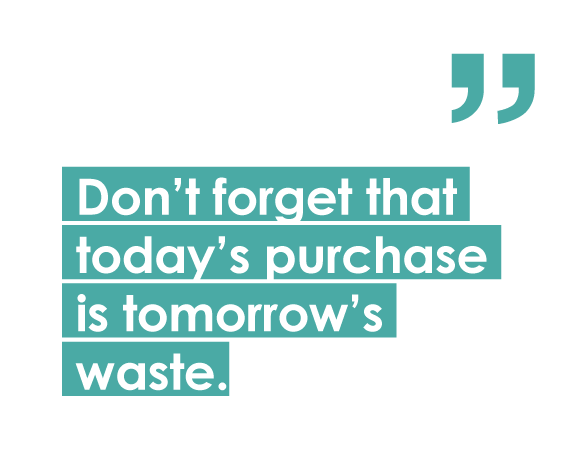
6. Paper handkerchiefs and kitchen towels
Let’s remember our childhood and take a step back. After all, both of these things have an “eternal” fabric version. The only difference is that you don’t throw them into the bin but instead you throw them into the washing machine. You can easily replace the kitchen paper towels by washable tea towels cut from an old T-shirt. No need to buy new ones.
7. Plastic cling wrap
No need to use a disposable cling wrap when storing your food or leftovers. All you need is a lunch box, a jar, a bowl covered with a plate, etc. Or try a reusable beeswax wrap. It’s a cotton cloth impregnated with beeswax that provides the perfect alternative to wrap your sandwich, cheese or the leftovers of that red bell pepper. Then just rinse with lukewarm water and let it dry. You can use it again and again for about a year and compost it afterwards.
8. Spam
Our mailboxes are full of leaflets and ads that fly directly to the bin without anyone reading them. Can you imagine how many healthy trees have fallen for these ads to be printed? You can easily find all that information online without any paper waste involved. So don’t hesitate and proudly put a sticker on your inbox that says “No ads please!”.
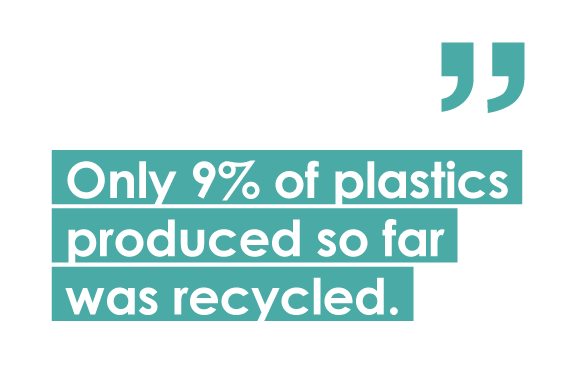 So what about you? Will you join the zero waste movement?
So what about you? Will you join the zero waste movement?
You don’t have to aim at an empty bin right away but every little step counts! Our planet does not need a few individuals who are perfect at minimizing their waste. It needs millions of people doing it imperfectly!
Petra Slezáková
Petra is a passionate zero waster and her four-months` worth of landfill waste fits into a small jar. She is a professional lecturer covering ecological topics for schools, companies and the general public. She works with companies on complex waste reduction and resources saving projects. For more information please contact zerowasteslovakia@gmail.com
Petra Slezáková, Founder of Zero Waste Slovakia

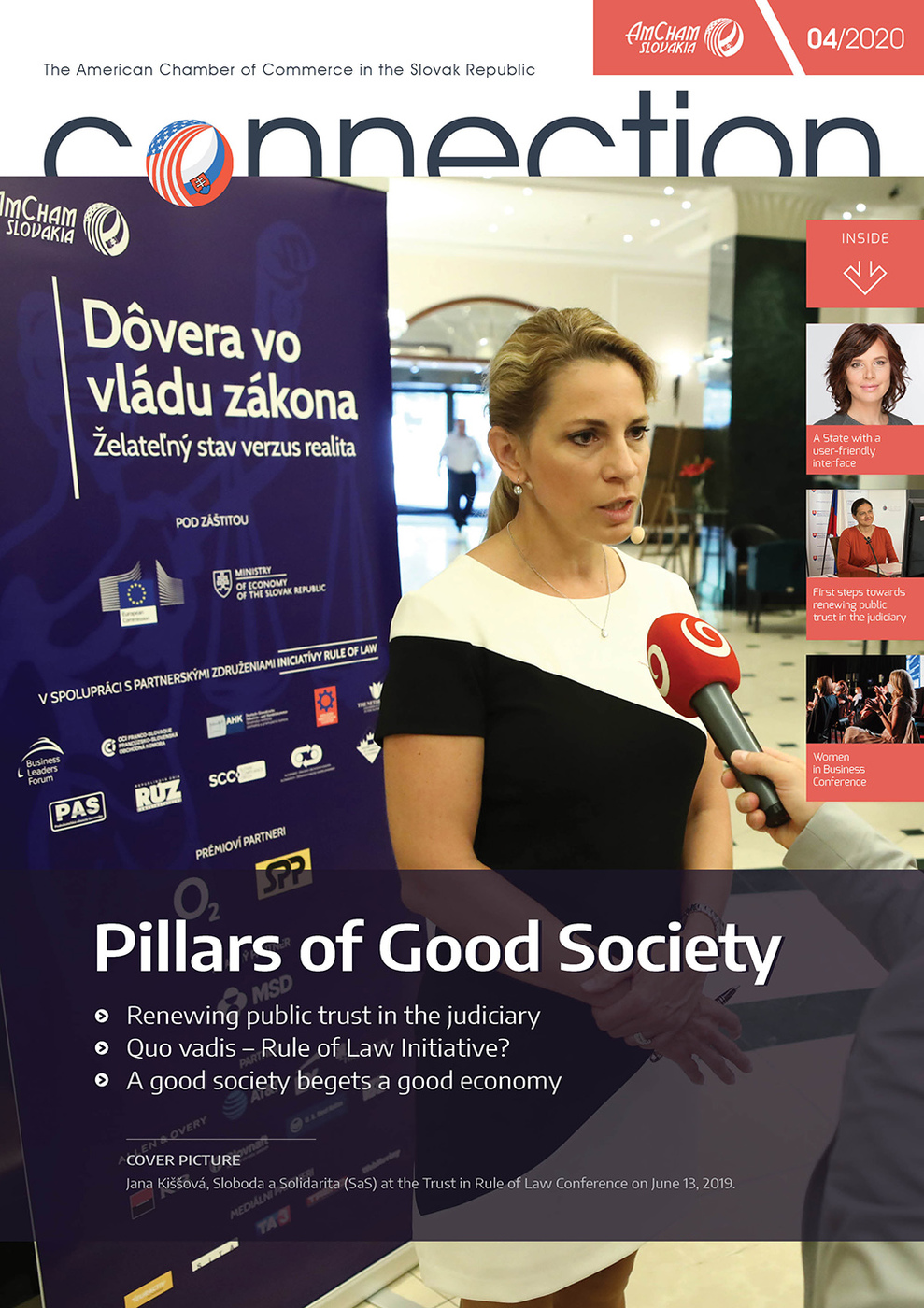
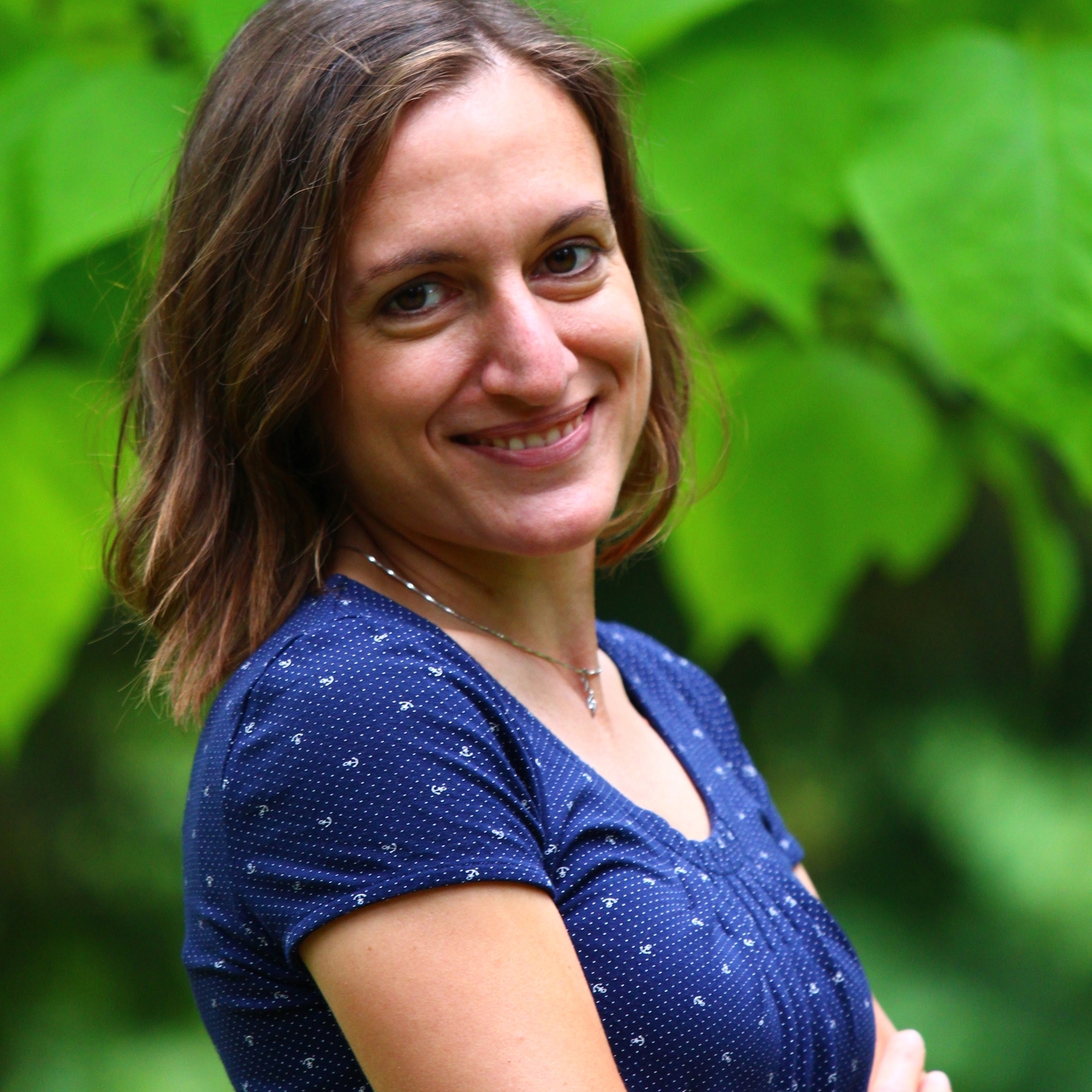
Follow us